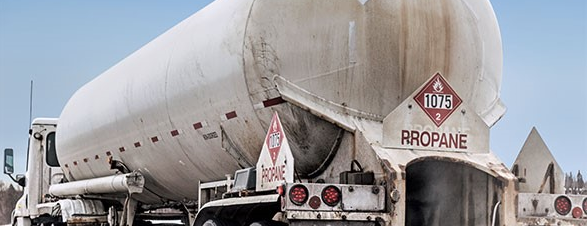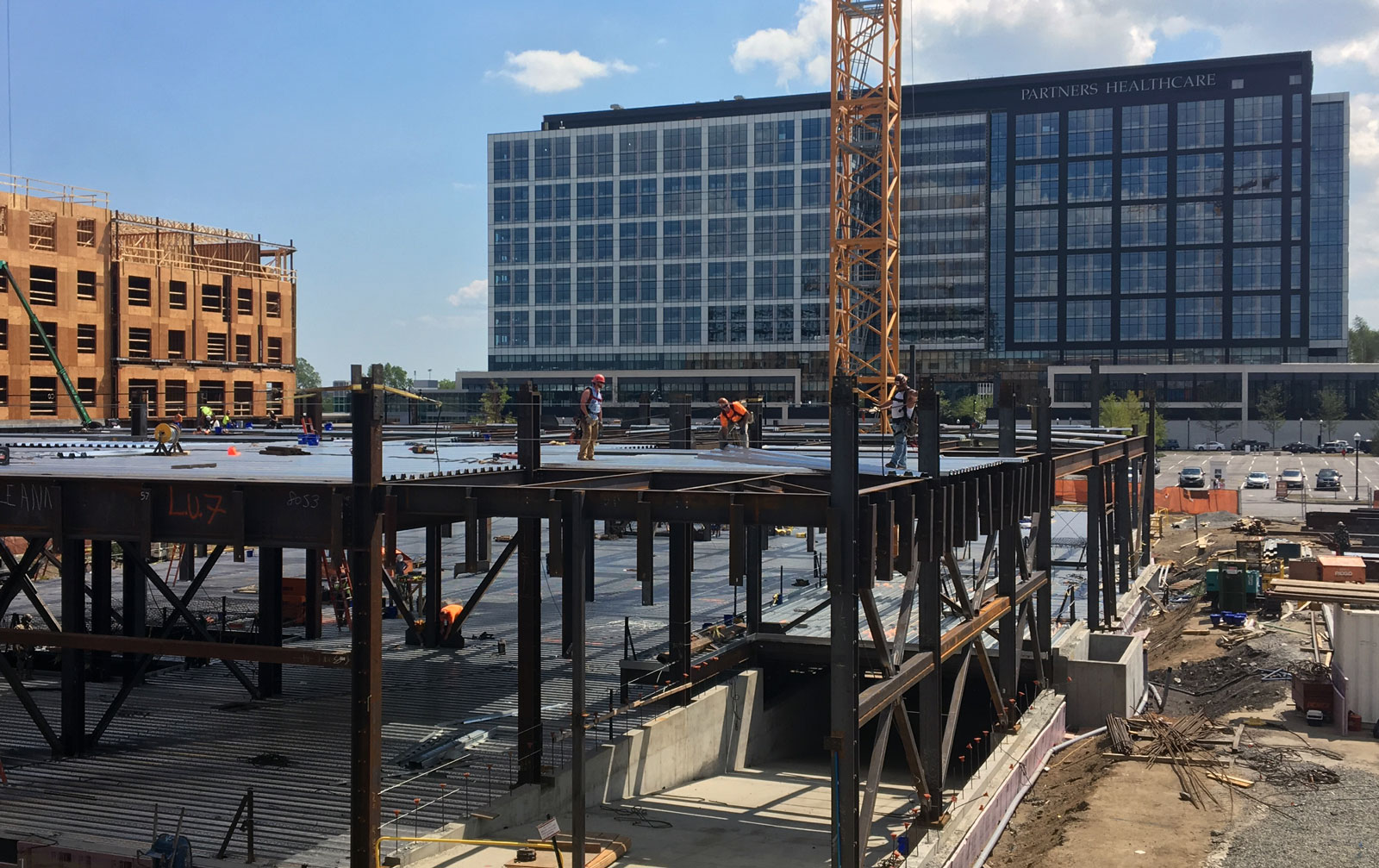Climate Change Basics
What is climate change?
Climate change is a serious threat that is putting our public health and safety, our economy, and our natural environment at risk. While solving climate change may seem daunting, we have an enormous opportunity to respond to climate change with solutions that improve our quality of life and public health, strengthen our economy, and make Somerville a more resilient and sustainable community today and into the future.
Climate change is caused by increasing amounts of greenhouse gases (including carbon dioxide and methane) in the atmosphere. GHGs trap heat from the sun near the Earth’s surface, causing global temperatures to rise. GHGs are primarily emitted through the burning of fossil fuels, such as gasoline, coal, and oil, for energy production. Driving your gasoline-fueled car, heating your home, and using electricity from non-renewable sources all release GHGs. Because of this human activity, air and ocean temperatures are rising, sea level is rising, seasons are changing and there is an increase in the frequency and intensity of some extreme weather events, like heat waves and heavy rainstorms.
Want to learn more? There are tons of great resources on climate change. Here are few to get you started:
- Climate Change Basics in Less Than 3 Minutes!
- National Climate Assessment
- U.S. Climate Resilience Toolkit
- Play games and learn about climate change on NASA’s Climate Kids website
What does climate change mean for Somerville?
 Somerville is expected to experience rising temperatures, sea level rise and storm surge along the Mystic River, and more intense and frequent storms and heat waves. Climate change may seem like a future problem, but we have already started to experience some impacts from climate change. On a global scale, the five hottest years on record have all occurred since 2010—with 2016 being the hottest ever. Closer to home, Massachusetts has seen ambient temperature increase by approximately .026°C each decade since 1970, with winter temperatures rising at a faster rate of over 0.7°C per decade.¹
Somerville is expected to experience rising temperatures, sea level rise and storm surge along the Mystic River, and more intense and frequent storms and heat waves. Climate change may seem like a future problem, but we have already started to experience some impacts from climate change. On a global scale, the five hottest years on record have all occurred since 2010—with 2016 being the hottest ever. Closer to home, Massachusetts has seen ambient temperature increase by approximately .026°C each decade since 1970, with winter temperatures rising at a faster rate of over 0.7°C per decade.¹
In Somerville, the number of days above 90° F is expected to more than double by 2030 and by 2070, nearly all summer days could be over 90° F under a high emissions scenario. (From Somerville’s forthcoming Climate Change Vulnerability Assessment)
The Office of Sustainability and Environment is completing a Climate Change Vulnerability Assessment to understand how climate change is expected to unfold at the local level and how climate impacts might affect Somerville. This study will serve as a baseline for the City’s climate change planning process.
What can we do about it?
 The threat of climate change is serious, but the good news is that we have the tools to slow down the rate at which climate change accelerates. Because we know that greenhouse gases (GHG) cause climate change, we can reduce our contribution to climate change by reducing our GHG emissions. In Somerville, over 60% of GHG emissions come from building energy use, approximately 30% come from transportation (almost entirely from cars and trucks), and 2-3% from waste. Through SustainaVille, the City of Somerville is committed to drastically reducing the city’s emissions, also known as a carbon footprint, in all sectors in order to be carbon negative by 2050. Take a look at the information on this site to learn more about how the City of Somerville working to reduce carbon emissions and how you can join the movement to fight climate change.
The threat of climate change is serious, but the good news is that we have the tools to slow down the rate at which climate change accelerates. Because we know that greenhouse gases (GHG) cause climate change, we can reduce our contribution to climate change by reducing our GHG emissions. In Somerville, over 60% of GHG emissions come from building energy use, approximately 30% come from transportation (almost entirely from cars and trucks), and 2-3% from waste. Through SustainaVille, the City of Somerville is committed to drastically reducing the city’s emissions, also known as a carbon footprint, in all sectors in order to be carbon negative by 2050. Take a look at the information on this site to learn more about how the City of Somerville working to reduce carbon emissions and how you can join the movement to fight climate change.
In addition to the work that is already being done to slow Somerville’s contribution to climate change, the city is also undergoing a climate change planning process to identify targets and actions to help meet Somerville’s carbon negative goal and to prepare the city for the impacts of climate change.
Interested in learning what you can do to reduce your carbon footprint? Check out our simple sustainability guide to get started.
¹http://www.mass.gov/eea/waste-mgnt-recycling/air-quality/climate-change-...
Programs & Initiatives
Feedback
Please submit website feedback using this form. Be sure to include:
Thank you for your feedback!


